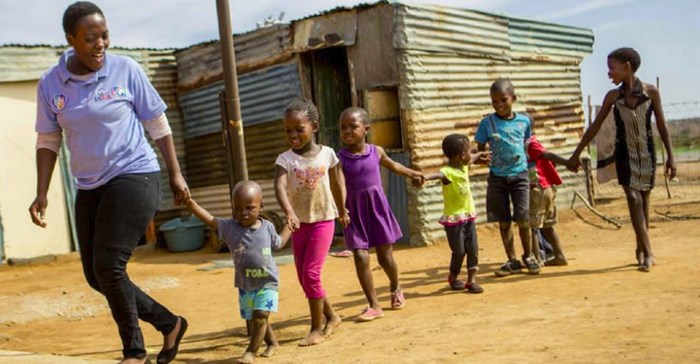Futuregrowth Asset Management, acting on behalf of client funds, recently concluded an investment in the Impact Bond Innovation Fund (IBIF). The fund is a South African outcome-based financing mechanism that seeks to improve early childhood learning and development (ECD) outcomes in the Western Cape.
The capital has been invested through the Futuregrowth Infrastructure and Development Bond Fund, a specialist yield enhanced bond portfolio. The fund targets investments that facilitate infrastructural, social, environmental and economic development in South Africa.
First of its kind in Global South
The IBIF, a social impact bond, is the first ECD-focused transaction of its type in the Global South. The transaction has been structured and led through an intermediary partnership between mothers2mothers (m2m), an international non-profit organisation, and Volta Capital, an international impact investment structuring specialist. Futuregrowth is the only institutional investor in the bond.
David Torres, senior advisor to the CEO at m2m, says, “We are excited about the potential of the IBIF to create a new source of ECD funding, establish a benchmark for proven ECD programming, and promote the adoption of rigorous performance management systems for the ECD sector.”
A social impact bond (SIB) is a contracting and financing mechanism where socially motivated investors pay for social services upfront and are repaid by outcomes funders, in this case the South African Government through the Department of Social Development and ApexHi Charitable Foundation, if pre-agreed outcome targets are achieved.
“In this case the SIB is a three-year debt investment whereby investors are repaid, with interest when specified social outcomes are achieved,” says Michelle Green, an investment analyst at Futuregrowth.
“This is in contrast to traditional contracting methods where governments pay for a set of inputs or activities upfront that may or may not lead to intended outcomes. Impact bonds and outcomes-based contracts more broadly provide donors, foundations, financial organisations and governments a way to introduce competitive efficiencies, normally associated with the private sector, into the public and non-profit realm, thereby ensuring social and environmental programmes deliver maximum impact,” Green says.
Goal to improve development outcomes of 2,000 children
Over the term of the loan, the IBIF, through the Western Cape Foundation for Community Work, will seek to improve the cognitive and socio-emotional development outcomes of 2,000 children in the low-income communities of Atlantis and Delft in the Western Cape.
ECD is recognised as one of the key mechanisms for breaking the intergenerational cycle of poverty in South Africa. Overwhelming scientific evidence confirms the tremendous importance of the early years for human development and the need for investing resources to support and promote optimal child development from conception.
If successful, the model will be replicated across the Western Cape, and then nationally; applied by government to other social interventions, thus creating opportunities for blending public capital and private capital, and crowding-in new funding to underfunded programmes.
“As government resources are finite, SIB’s are a way of crowding-in private sector funding to help government implement critical social impact initiatives, which we at Futuregrowth believe to be critical to the development of the South African economy and social landscape.”














































